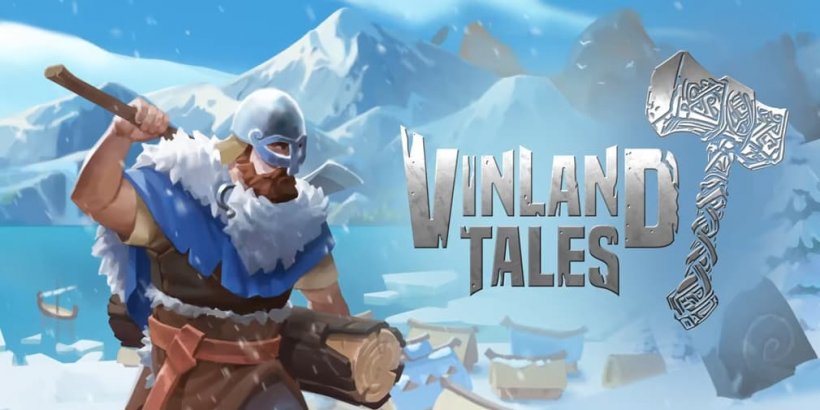In Baldur's Gate 3, one of the most pivotal decisions awaits players near the game's climax: freeing the imprisoned Githyanki Prince Orpheus or leaving his fate to the Emperor. This choice, made after acquiring the Orphic Hammer, significantly impacts the party's destiny.
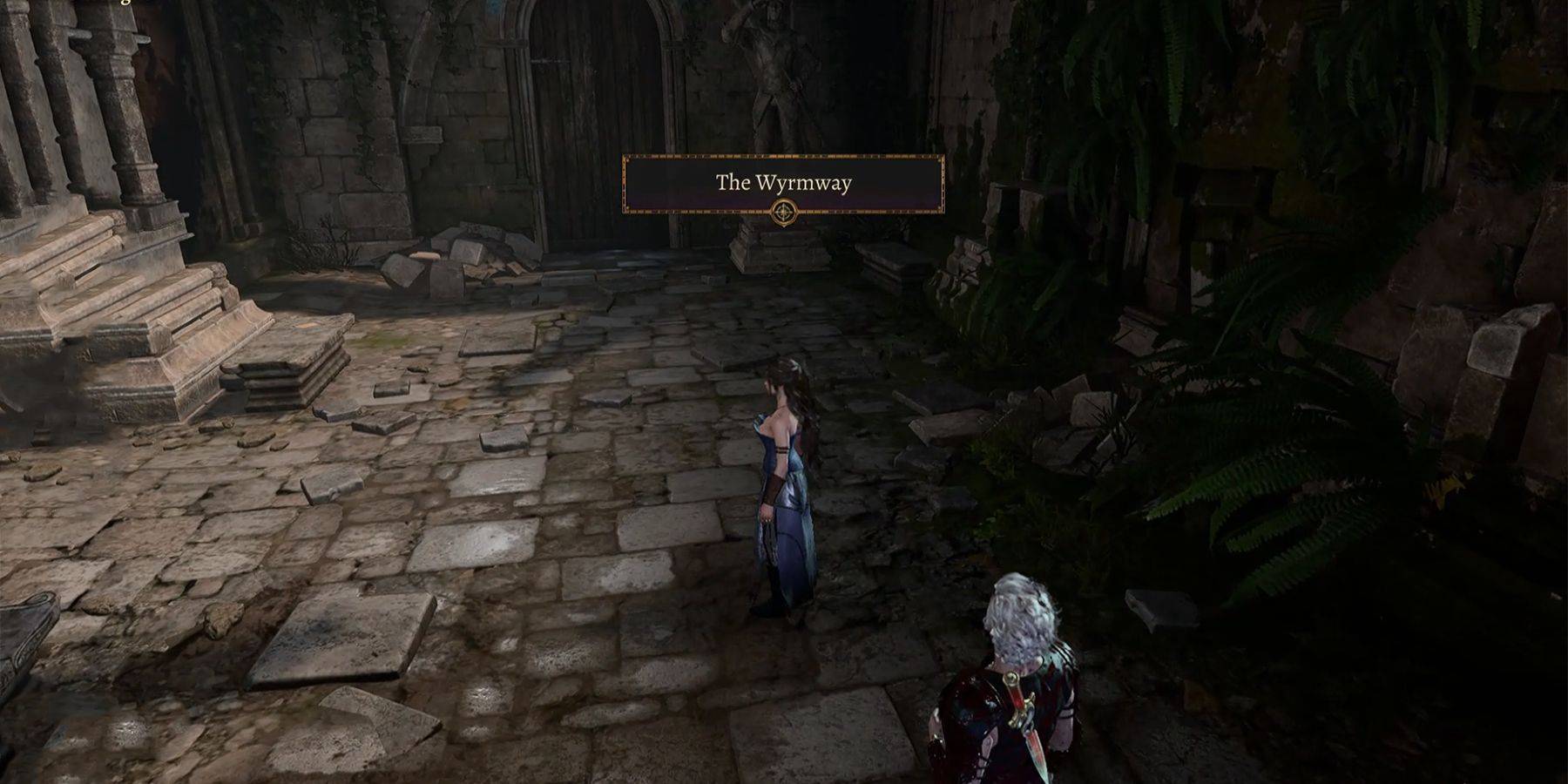
Updated February 29, 2024: Before confronting this choice, players must defeat Ketheric Throm, Lord Enver Gortash, and Orin, exploring Baldur's Gate's upper and lower districts. This decision carries immense weight, potentially leading to companion sacrifices. High skill checks (30+) may be needed to influence companion choices.
Spoiler Warning: The following discusses the game's ending.
To Free Orpheus, or Not?
This decision hinges on player preferences. The Emperor warns that releasing Orpheus risks party members becoming Illithids.
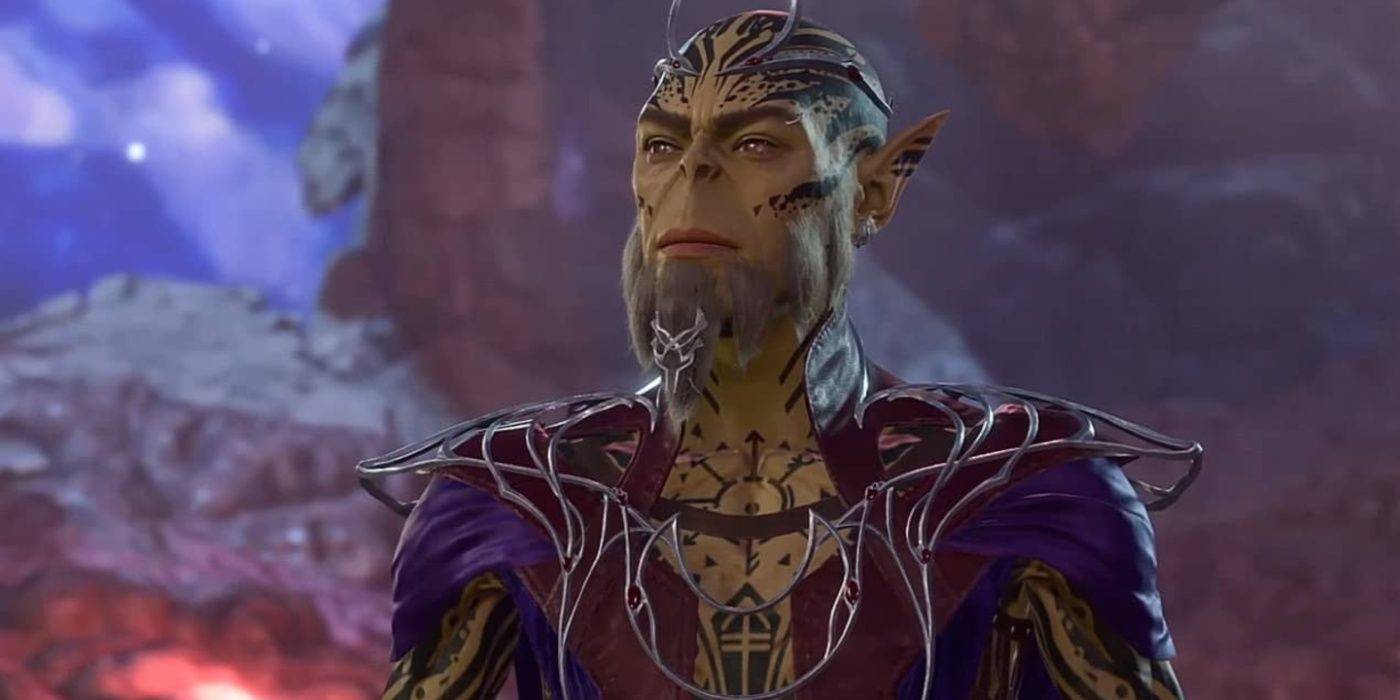
After the Netherbrain encounter, the choice presents itself: free Orpheus or let the Emperor absorb his power.
Siding with the Emperor: This results in Orpheus's demise, as the Emperor assimilates his knowledge. Lae'zel and Karlach may disapprove, impacting their personal quests. While this grants an advantage against the Netherbrain, it might alienate fans of these characters.
Freeing Orpheus: This causes the Emperor to align with the Netherbrain. The risk of party members becoming Mind Flayers remains. However, Orpheus joins the fight alongside the Githyanki. He'll even sacrifice himself to prevent others from becoming Mind Flayers if asked.
In short: choose the Emperor to avoid becoming a Mind Flayer; free Orpheus to risk it, but gain a powerful ally. The Emperor's choice might lead to Lae'zel's betrayal and Karlach's return to Avernus.
Moral Considerations:
The "good" choice depends on individual perspectives, primarily revolving around loyalty. Orpheus, as a rightful Githyanki ruler, opposes Vlaakith's tyranny. A Githyanki player might naturally side with him. However, following Voss and Lae'zel's directives might seem overly demanding. The Gith prioritize self-preservation above all else.
The Emperor, on the other hand, is generally benevolent, aiming to defeat the Netherbrain and aid the party. He acknowledges the necessity of sacrifice, though this might lead to party members becoming Illithids. Ultimately, multiple endings exist, allowing for varied outcomes.
 Home
Home  Navigation
Navigation






 Latest Articles
Latest Articles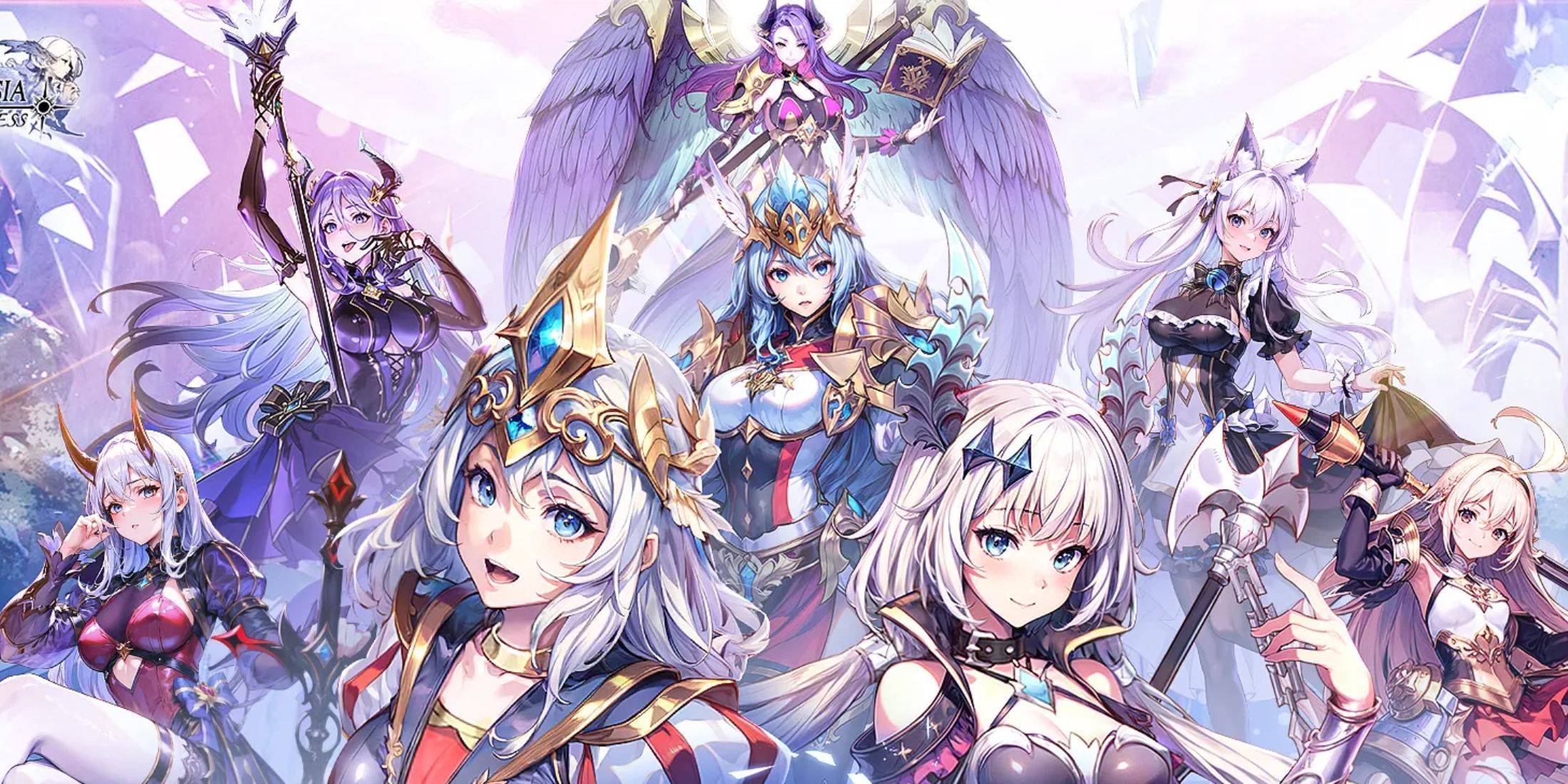
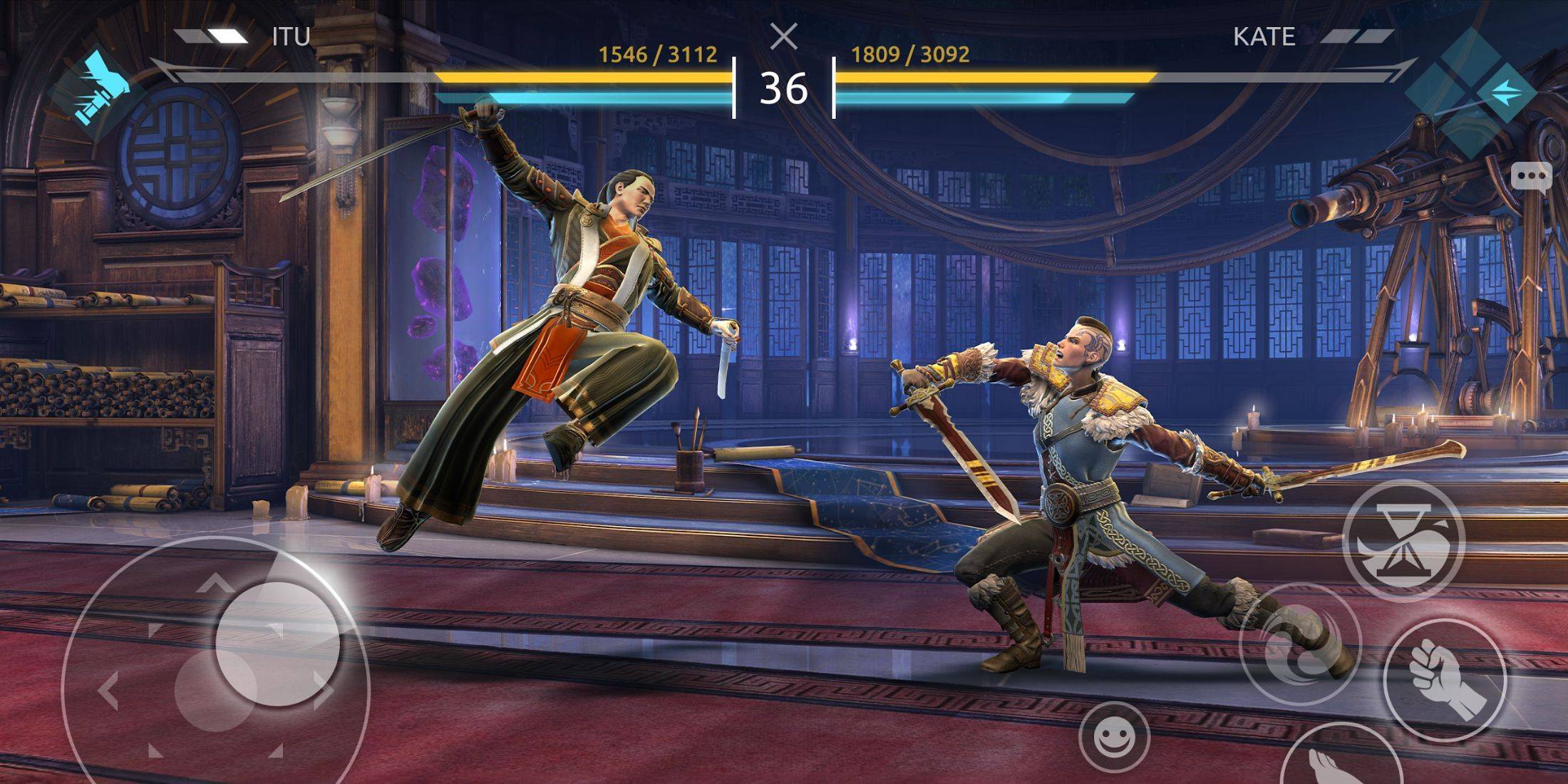
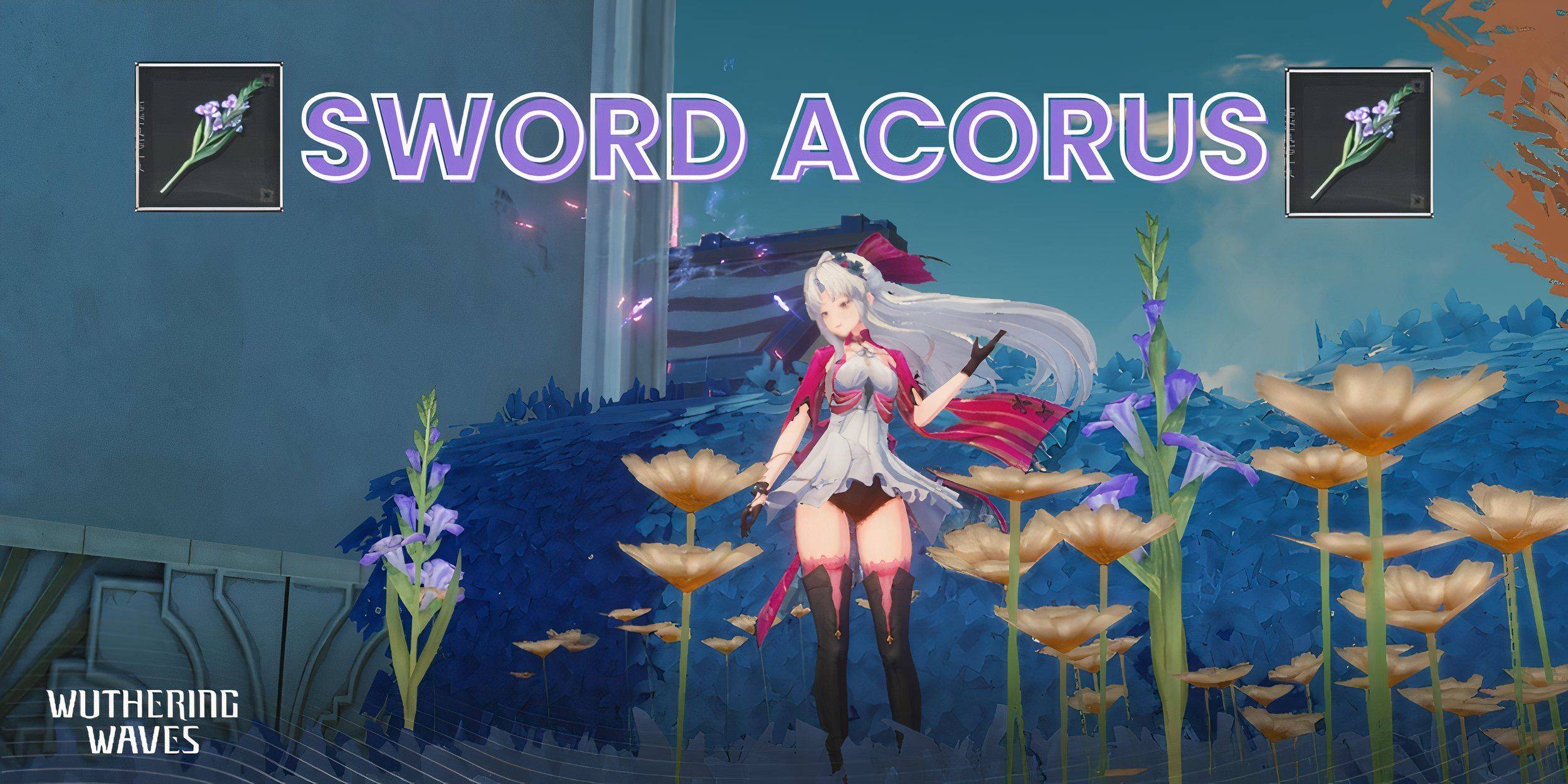


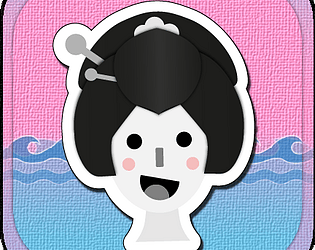


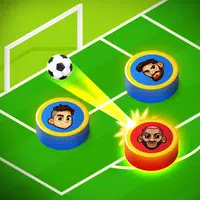


 Latest Games
Latest Games










